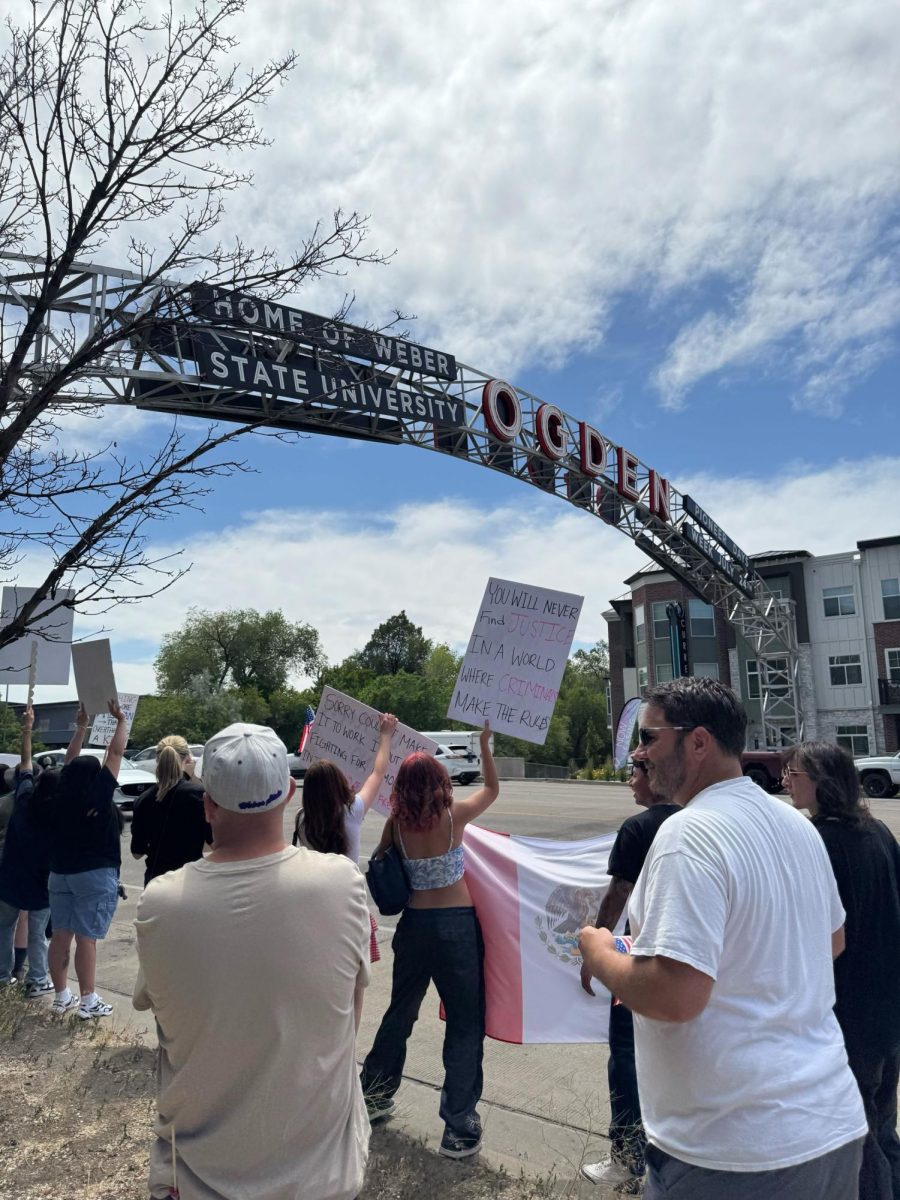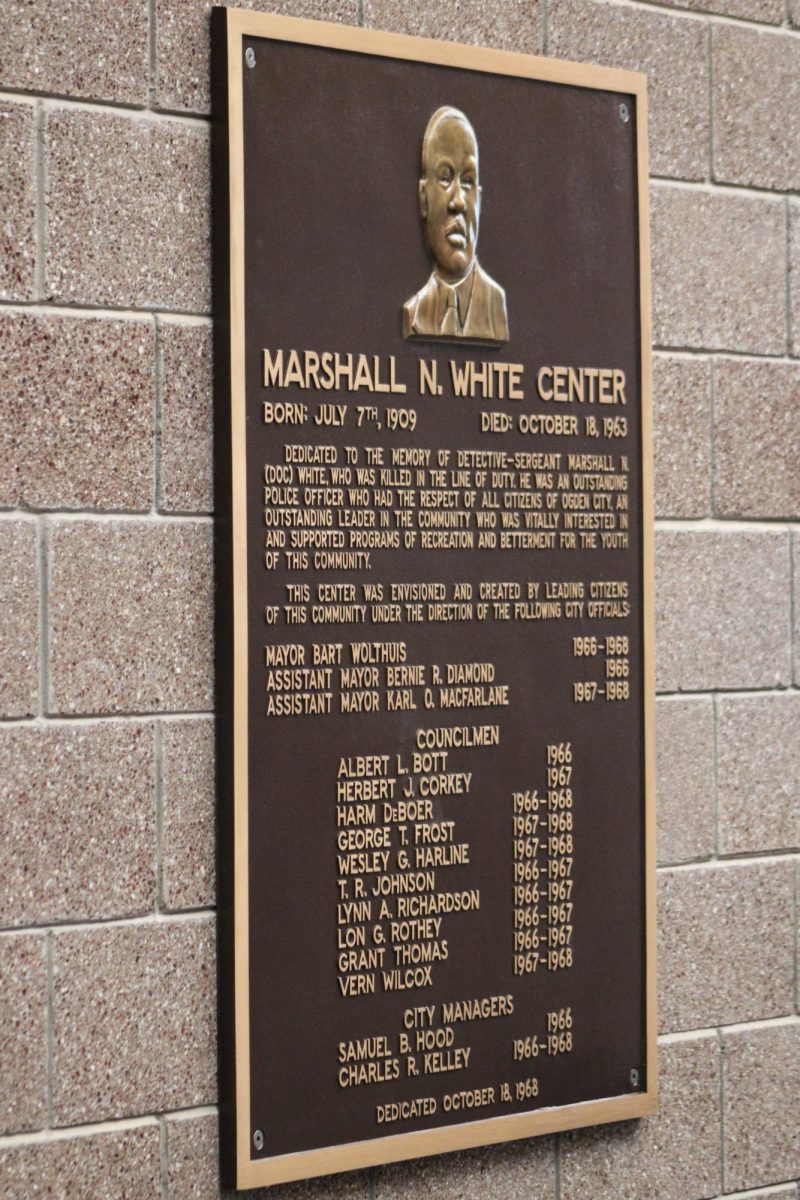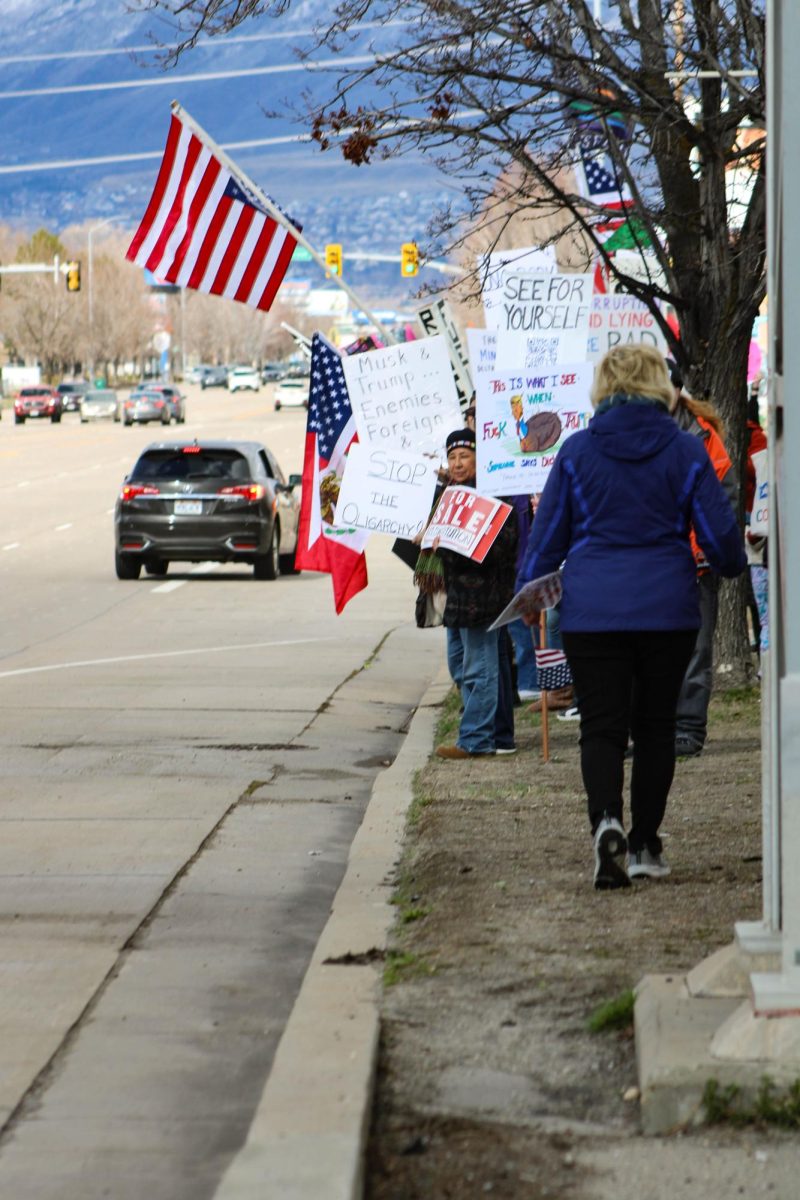Midterms, which are historically wave elections, often offer the party not currently in power a chance to regain some authority in Congress. This year’s midterm elections have come and gone. CNBC called it the most important midterm election in U.S. history, and certainly many felt that way, with voter turnout among the highest in recent memory. In Weber County here in Utah, 8,000 ballots came in on election day, and 5,000 provisional ballots came in. 115 ballots came in from Huntsville library, out of the blue.
The fight to control the Senate turned out like many statistical models guessed, with Republicans keeping a majority control. The fight for the House also turned out like the statisticians believed, with close races going to Democrats, enabling Democrats to gain both control of the House and a more even balance of power in Washington, D.C.
Republicans managed to flip three seats, defeating Democratic Sens. Heidi Heitkamp in North Dakota, Joe Donnely in Indiana and Claire McCaskill in Missouri, but Democrats secured a Nevada victory in Jacky Rosen over Dean Heller. Rosen was the only Democrat to defeat an incumbent Republican in the Senate by the morning of Nov. 7. The Senate and gubernatorial races in Florida, meanwhile, are headed to a recount.
What does a House win for Democrats mean? One, it means the Paul Ryan is no longer Speaker of the House. Democrats will likely re-confirm House Democratic leader Nancy Pelosi as speaker, although some in the party have called for new leadership. However, Trump himself backed Pelosi, and tweeted that Republicans might throw some weight behind her if she has trouble securing the position.
With control of the House, Democrats may be eager to begin oversight investigations into President Donald Trump as well, which they can now approve.
Here in Utah, Democratic challengers took on Republican favorites for House and Senate Rob Bishop and Mitt Romney, respectively. By the night of Nov. 6, it was clear Romney had defeated Democrat Jenny Wilson with a commanding 62 percent of the vote. Incumbent Bishop managed to hold onto his seat with 63 percent of the vote; Democratic opponent Lee Castillo took 24 percent and United Utah opponent Eric Eliason took 11 percent.
Republicans Chris Stewart and John Curtis, in District 2 and 3, both kept their seats against Democratic challengers as well. However, as of Nov. 7, incumbent Republican Mia Love trailed Democratic challenger Ben McAdams by 3 percent; as of Nov. 14, McAdams held a razor-thin, near 1,500 vote lead. The race may be headed to a recount as Love holds out for abroad ballots to come in.
While Democrats failed to take the Utah Republican seats on the national stage, some new lawmakers are headed to Capitol Hill locally.
Democrat Louwanna “Lou” Shurtliff managed to secure a win against Republican Lorraine Brown in a close race. Democrat Deana Froerer, while leading against Republican Steve Waldrip by a hair at 1 percent on Nov. 6, ultimately lost the tight race.
“I went from a quarter percent up to 1.99 percent down on the last day,” Froerer said.
Froerer noted, that while stressful, it was fun being on top for the three days she lead while 13,000 ballots were processed last week.
On the race, Froerer noted the financial difficulty in running and serving.
“You have to be pretty affluent, wealthy, and established to take on the role of a public servant,” Froerer said.
Froerer’s brother-in-law, Gage Froerer, serves in the Utah House as a Republican representative, and Froerer noted that he has his own business and is well-established. She said that Waldrip had a similar situation.
“He’s a good opponent,” Froerer said. “I wasn’t sad we lost. We had no delusions about this. I mean, intuitively, you’re mad the other team won.”
Froerer spoke on some of the new aspects of this midterm in particular. She noted that this was the first year Utah had the option of same-day voter registration.
“If you ask Ryan Cowley (Weber County Elections), that change was hectic and swayed things,” Froerer said.
Utah also saw 40,000 new voter registrations, where the national average is usually under 10,000.
As for constitutional amendments and propositions in the state, Utahns rejected a gas tax hike to increase funding for education, with 66 percent against. Voters backed medical marijuana legalization, Medicaid expansion and an independent panel to combat gerrymandering, each with a slightly-higher than 50 percent lead. Exit polling on the national stage showed that voters were highly in favor of Medicaid expansions and support, with expansion winning nearly every state where it was on the ballot.
Election results become final on Nov. 20. The second Tuesday after an election, results are locked in and cannot be changed.
Nic Muranaka contributed to this piece.




















